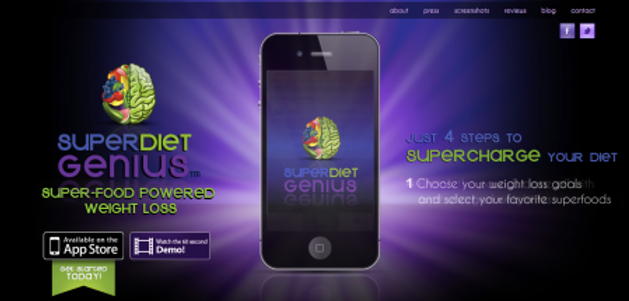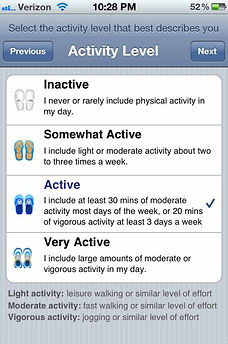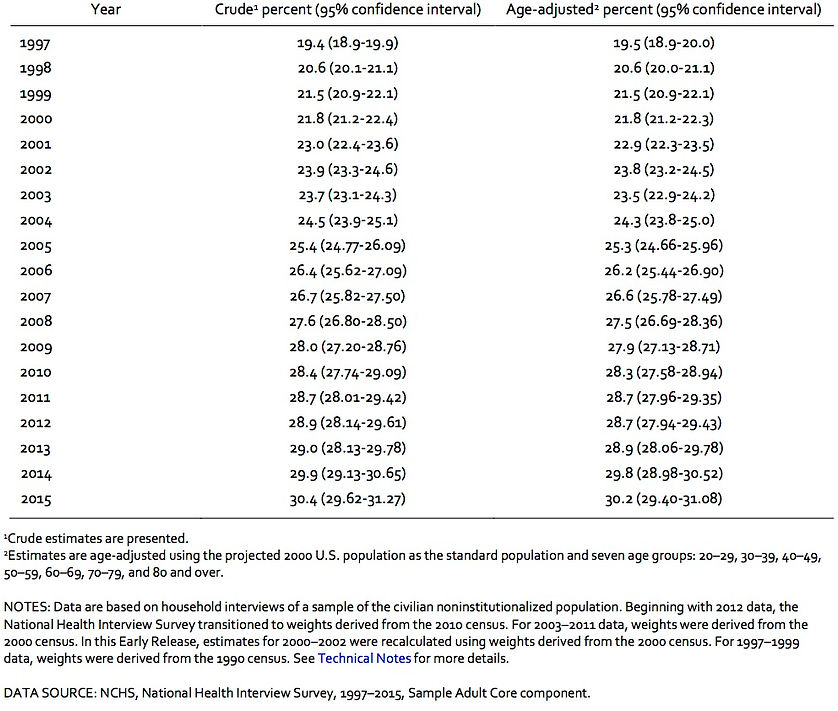top of page

The Dieting Experience
Changing the conversation about weight loss and dieting
Dr. Laurie Patlin Suttenberg, DSW, LCSW-QS, DCSW
Introduction to the Experience
It’s not as if we don’t know. For so many, being overweight is an unhealthy condition brought on by a negative lifestyle that includes too much indulgence in foods that are not good for us. We know. Our doctors tell us and remind us as if we don’t know, or, as if we do know but choose to ignore the obvious. We are pointed towards all the resources that are meant to help us overcome this serious, life impacting condition that supposedly CAN be fixed with just the right amount of desire, commitment, and willpower. We navigate the stacks at Barnes and Noble, or order online at Amazon to expedite matters, and find seemingly infinite choices in diet books as we quest to find the one that will deliver us from our fat.

All of these resources are evidence of a robust weight loss economy. We may be fat, but so is the diet industry. Besides our reading, we are a captive audience to Madison Avenue, exposed to diet focused ads that began airing as far back as the early days of television. The video compilation below begins with 1950's diet TV ads and represent every decade of advertising to the present. The message is glaringly and repeatedly clear. No one needs to remain overweight. Simply follow the lead of both everyday people and celebrities who have found Diet Mecca. Or, rather, Meccas, considering the array of competing products and plans claiming to be the one that permanently works.
Through repeated exposure, these commercials prod us to recognize that the only one standing in the way of our achieving the success that all those others have already attained is simply us. We are cajoled, enticed, and lured into jumping on the latest weight loss bandwagon so that we may join the hordes who followed the call to action.
But, wait, there's more...
The diet industry continues to keep pace with technology. As long as we remain in the vicinity of our cell phones, we can click and access convenient mobile apps that assist in dieting. We can track calories consumed, calories burned, and calories anticipated.




No matter where we are, day or night, social media connects us to others in this weight loss battle. A 2013 study published in Translational Behavioral Magazine states that "As part of a behavior weight loss program, engagement in a social network, such as Twitter, mainly provides informational social support, which may lead to weight loss."
There's something in all these messages, in any and all formats, that makes weight loss sound so easy. So simple. So attainable.
But is it all true?
A December, 2015 MarketWatch article warns us that "In the past 10 years, the Federal Trade Commission has brought more than 80 law enforcement actions against companies for making false or deceptive weight-loss claims." This includes a lawsuit regarding false and misleading claims made by Jenny Craig against Weight Watchers that was subsequently settled by both parties. False claims or not, we want to believe. We are gullible, hopeful, steadfast consumers, easily falling prey to the next dietary fix.
But here's the simple, sad, and undeniable truth. At the end of the day, despite the deluge and choices of resources, the constant reminders, and the repetitive mantra that thin is in, we remain fat. Even worse, we're getting fatter. The sobering statistics below from the US Department of Health and Human Services, Centers for Disease Control and Prevention, document the significant increase in adult obesity every year from 1997 to 2015.
Prevalence of Obesity Among Adults Aged 20 and Over: United States, 1997-2015

Something isn't working.
This website represents my endeavor to add something to the conversation by changing the conversation. This project is not about how to pick the best diet book, or the best diet plan, or the best app to use to chart calories. If you are looking for that, you've come to the wrong place. Rather, this site is about recognizing that there is a lived, personal, and shared experience in dieting. Moreover, it is about understanding that, though there are commonalities, every aspect of each person's lived experience is unique to them. For those people who struggle with prolonged or chronic weight issues, the phenomenology of dieting is embedded in one's identity and one's relationship with all others in the world.
I know this, as I am a psychotherapist. In my twenty-five plus years of practice as a clinical social worker, I've been listening intently as people strive to find deeper understanding of the meaning in their life experiences as they share and explore their life stories. My job is to help people make sense of their complex behaviors, thoughts, and feelings as well as to guide them in learning how to identify and avoid obstacles that have sabotaged them in the past. What I've learned over time is that there are no simple answers or easy fixes when it comes to changing how we live and interact in the world.
I am constantly reminded of, and marvel at, the uniqueness of the individuals, couples, and families that I see in my consulting room. Despite my recognition of the singularity inherent in the narrative of each client, I have noted patterns in my clients' spoken conversations when the topic of clinical discussion involves weight related issues or food. This is regardless of whether the presenting problem is weight or food specific, or some other clinical issue in which weight or food plays a secondary or even tertiary role.
As a way of describing what I mean by the "experience of dieting," I offer the following example. Invariably, my clients invoke the word willpower, and the way it is referenced points to their perception that it is a critical something that we have, or don’t have, or have too little of. My clients speak about willpower in a manner that indicates that their success or failure to comply with mandated food restrictions hinges not only on the presence, but also the strength, of their willpower. Furthermore, when they do not succeed in following food plans, they blame their lack of willpower as the culprit. In these instances, I hear negative self-evaluative statements reflecting discontent with weight, feelings of inadequacy, and often shame due to a perceived lack of personal control. Somehow willpower has become a character trait, and the absence thereof strikes to the core of personhood.
I am intrigued by the word. Willpower. Why is this word laden with significant meaning to so many people I see professionally, as well as to others outside the therapeutic consulting room? It is a compound word, consisting of the words will and power. If I have the will to do anything, I have a desire. When I will myself to do something, I have an intention to accomplish it. Will is also a verb as well as a noun. “I will do something” refers to something that is not happening now but will in the future. Power is a word that connotes energy, a force that results in movement from one direction to another. Will by itself has nothing to do with movement or energy. I desire. I want. In its purity, it is a human emotion that may lead to motivation to move towards action. Or, it may remain inactive or perhaps even stagnant. I desire, but remain simply in a state of potentially perpetual desire. We desire many things that we never achieve or even attempt.
When we are able to move from simple desire to action, the power that drives that action may derive from either an internal source, from the self, or it may be externally derived, from others or the environment. In the case of having the desire to lose weight or to restrict foods as a result of some medical condition, the force that is required is NOT to do something, such as reaching for the nearest candy bar. Or, action is selective. Eat this rather than than this. It is, therefore, not enough to just have the simple will or desire to lose weight. It moves beyond simple will to include motivation and commitment to select food choices. If positive energy moves us towards doing something, then negative energy holds us in place, restricts, and impedes us. When will and negative energy are joined and activated, the result is won’t power as opposed to willpower, although the phrase won’t power doesn’t exist in the lexicon.
If all of this is as complex as it sounds, then why is the word willpower thrown around in a way that makes it sound simple and concrete? Do the assumptions and simplification of willpower create a belief and an illusion that it is the master key that unlocks a challenging, multifaceted weight loss puzzle whose parts derive from psychology, neuroscience, biology, genetics, and the environment? In their conversations, my clients indicate that no matter the difficulties or issues associated with these other variables, willpower should and must overcome these challenges, with statements such as, “If I want it badly enough, my willpower should be strong, never waver, and carry me to success.”
As I strive to meaningfully change the conversation, this project asks us to think deeply about this word, willpower, and the dieting experience.
How do we define willpower?
what are our assumptions about willpower as it relates to food restriction specific to weight loss?
how do these assumptions impact and alter the identity of the self?
are our assumptions about willpower a contributory factor in the dismal current statistics of obesity trends?
Can there be a way to conceptualize willpower so it helps us rather than hurts us?
It is not my goal to come up with definitive answers to all of these questions. My hope here is to make something that is already complex, even more complex. I worry that the conversation that centers and focuses only on the mechanics of weight loss leads to simplification and counterproductive assumptions for those people who continue to struggle with their weight.
I invite you to join and participate in this conversation. In my years of practice, I have watched what happens as clients gain greater insights into themselves and their significant others. I believe there is an empowerment of self that emerges as we discover internal strengths we did not recognize or appreciate sufficiently.
And, perhaps, just maybe, this work is a critical missing piece in the incredibly complex weight loss puzzle that continues to baffle us all.
Click on Peppers for Lily's Story
Click on Spinach to Explore Willpower
bottom of page

